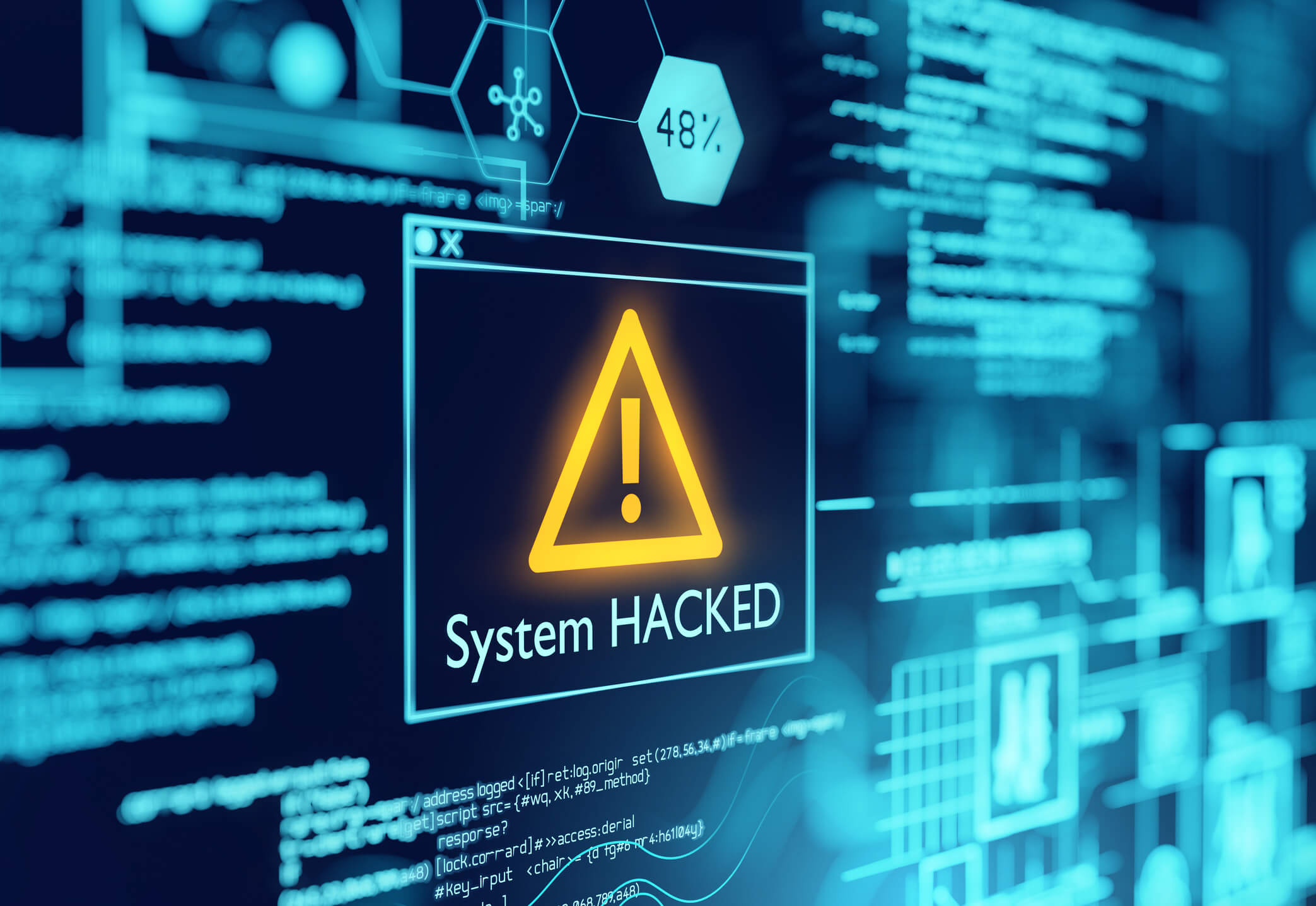If you check your spam tray, you are likely to find hundreds of messages from supposed banks or online stores that will ask you to verify your account, threatening that it could be canceled. Other messages can tell you that you have won a prize and you must provide your bank details to receive it. In short, there are hundreds of ways criminals seek to get your personal information online.

This type of fraud is known as phishing, a modification of the English word fishing (fishing) because what they are looking for is to function as bait to try to catch a victim. What happens with these messages is that they contain links to fraudulent sites or have software that will allow criminals to access information on your devices. Once you arrive at these sites, they are usually almost identical to those of your bank or store in which you have previously purchased, so you enter your data without worrying without knowing that in minutes you will be victims of a robbery.

What is Phishing?
It is a cyber breach in which hackers contacted targets via email, telephone, or text message. They pose themselves as a legal institution to drag attraction to theft their sensitive data. Personal information includes identifiable details, banking, credit cards, and passwords. After that, they access important accounts with the help of that stolen information. As a result, the digital platform owner will suffer from identity theft and financial loss. Legally, a phishing lawsuit enforced a Californian teenager who made the restrictions of the American website online. He stole sensitive information with this fake site and reached the credit card details to steal the money from their accounts. There other cybercrime techniques such as Vishing (voice phishing), smishing ( SMS phishing ), etc.
How to protect yourself from phishing?
Fortunately, it is remarkably simple to do so. The golden rule is never to enter links that appear in an unknown email and much less those that request to enter your private information. If you receive a message that you think is suspicious, go directly to the page of your bank from the search engine or communicate by phone. This way, you avoid the risk of going to a fake page. There are other very important tips:

- Remember that banks never send urgent emails derived from security processes. Nor do they send emails where they request our passwords and passwords for any reason.
- Please pay attention to the address that appears in the address bar, and make sure that it corresponds to that of your bank. Sometimes these links send you to identical pages, but the address of the bar does not correspond. They are usually addressing sites where one can create a personal web page or free web hosting.
- Verify that the page is secure and check what security certificates you have. Confirm that the Internet address begins with https: and that at the bottom of your browser, there is a lock icon that indicates that the page is safe to transmit our data in it. Otherwise, your information will travel publicly. Verify what encryption protocol this portal has (it must be at least 128 bits) and its certificates.
- Never carry out transactions in cybercafes or other public computers as your information may be recorded. Nor through free Wi-Fi networks because someone else could be seeing your information.
- Always use a firewall as well as programs that verify the non-existence of spyware (spyware) on your computer.
- Have strong passwords (with more than eight characters, other than dictionary words, including uppercase, lowercase letters, numbers, and symbols).
- Change your access codes frequently.
- Remember that your password must be unique for each website, and it must be secure.
- Usually, hackers send emails by masked. They appear when they send emails through the recipient business. You should update your account within a specific time duration. Otherwise, the bank will not send a message for your data through email. Then, it will suspend your account. Also, financial institutions typically offer account numbers or other private information within the emails. Only make sure either it is coming from a reliable source or not.
 About Complete Controller® – America’s Bookkeeping Experts Complete Controller is the Nation’s Leader in virtual bookkeeping, providing service to businesses and households alike. Utilizing Complete Controller’s technology, clients gain access to a cloud-hosted desktop where their entire team and tax accountant may access the QuickBooks™️ file, critical financial documents, and back-office tools in an efficient and secure environment. Complete Controller’s team of certified US-based accounting professionals provide bookkeeping, record storage, performance reporting, and controller services including training, cash-flow management, budgeting and forecasting, process and controls advisement, and bill-pay. With flat-rate service plans, Complete Controller is the most cost-effective expert accounting solution for business, family-office, trusts, and households of any size or complexity.
About Complete Controller® – America’s Bookkeeping Experts Complete Controller is the Nation’s Leader in virtual bookkeeping, providing service to businesses and households alike. Utilizing Complete Controller’s technology, clients gain access to a cloud-hosted desktop where their entire team and tax accountant may access the QuickBooks™️ file, critical financial documents, and back-office tools in an efficient and secure environment. Complete Controller’s team of certified US-based accounting professionals provide bookkeeping, record storage, performance reporting, and controller services including training, cash-flow management, budgeting and forecasting, process and controls advisement, and bill-pay. With flat-rate service plans, Complete Controller is the most cost-effective expert accounting solution for business, family-office, trusts, and households of any size or complexity.




